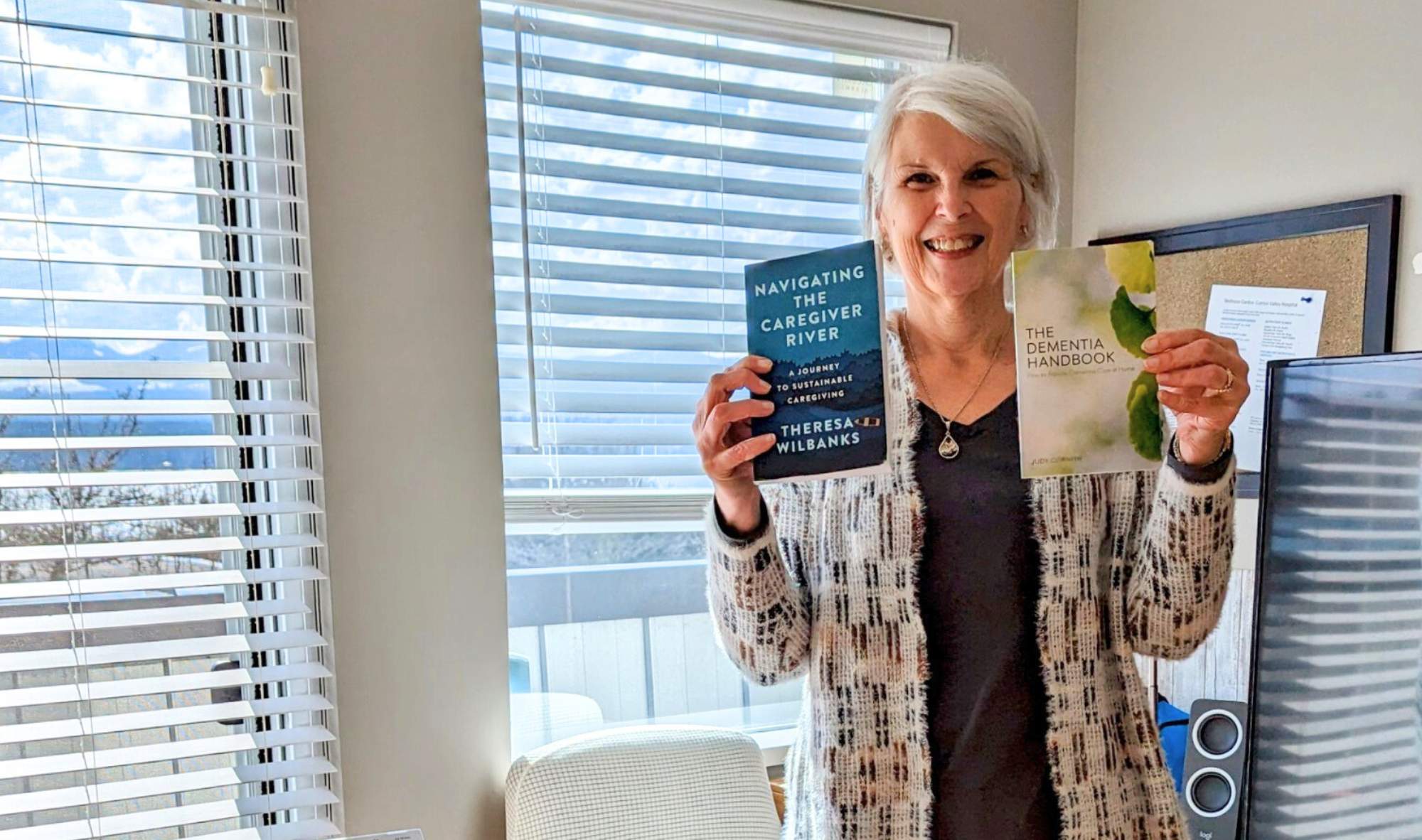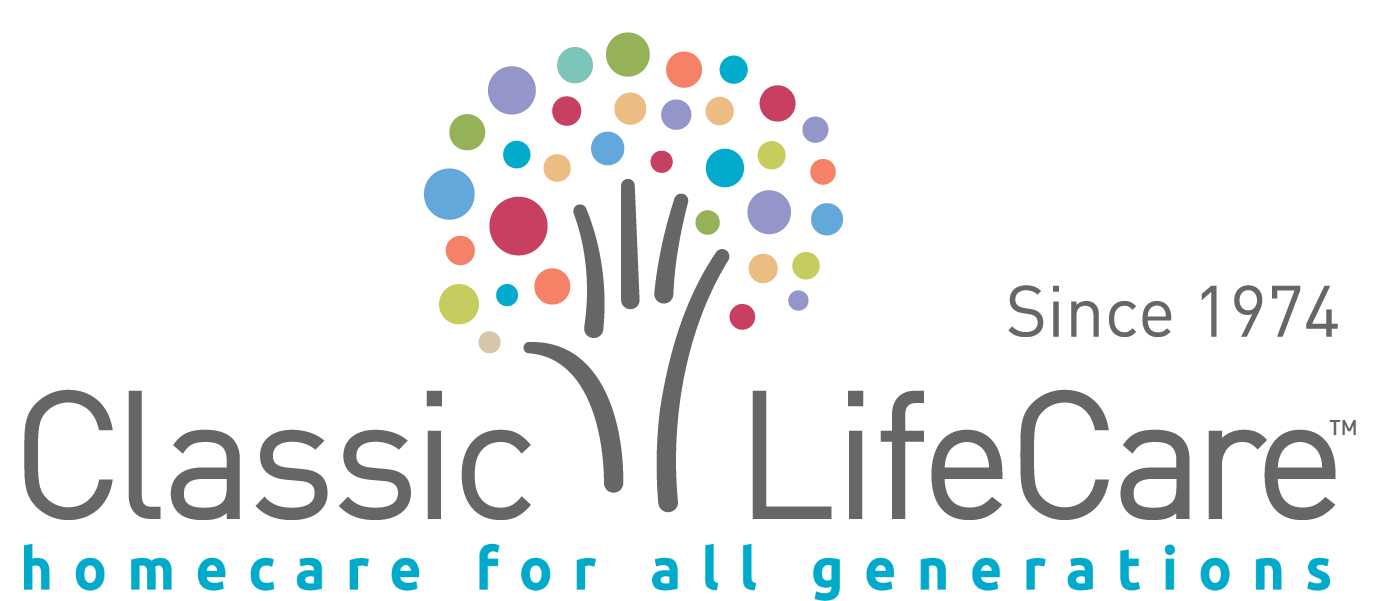
In this blog, Alison van Schie BSW discusses the importance of finding a caregiver support group. As a retired social worker, Alison is passionate about helping caregivers fast-track relevant and reliable resources.
Admitting You Are A Caregiver
Do you identify as a caregiver? Perhaps you’re new to caregiving and you’re reluctant to call yourself a caregiver. You may think you’re doing what any dutiful neighbour, friend, son, daughter, or spouse would do for a loved one who is experiencing some health challenges and needs a little help. Saying that you’re a caregiver out loud means admitting your life and your loved one’s life are changing. This can be intimidating or even overwhelming.
However, by calling yourself a caregiver, you are in possession of a key that can unlock resources to help manage your caregiving responsibilities and ultimately enhance both your life and your loved one’s life… and prevent caregiver burnout.
What Type of Resources Are Available for Caregivers?
Finding credible resources is vital. It is most helpful to find these credible resources before a crisis strikes. There are many resources available for caregivers. These include (books, blogs, videos, podcasts, agencies, and more).
How to Find a Caregiver Support Group
One of the best places to find reliable resources is through a caregiver support group. Here, caregivers share what works and what doesn’t work. The group is a safe place to ask questions without feeling judged simply because the caregivers know the ‘caregiver language’ (they know what they’re talking about).
You may need to try a few different caregiver support groups so that you can find one that best meets your needs. Start with disease-specific groups. For example, if your loved one has Alzheimer’s or dementia, check out the Alzheimer’s Society for support services. These can include groups, online support, and in-person support groups in your area.
Talk to a social worker at your local hospital or in the health authority to seek local options. You can also search support groups in your local area to help guide your search.
Challenges Finding Caregiving Resources
I recently heard from a caregiver whose doctor suggested that they would benefit from joining a caregiver support group. However, no direction was provided as to where they could find such a group. A support group was eventually found through a chance connection and conversation with another caregiver. In this scenario, it is helpful to remember to ask questions and share what you’re looking for as you seek out others in a caregiving situation.
Navigating a Caregiver Support Group
Once your key has opened the door to an appropriate caregiver support group, you can learn about your loved one’s disease. The group can help you understand the disease process and manage symptoms and changing behaviours. They can also offer tips on coping with day-to-day stresses which they too have experienced.
Topics like how to navigate the healthcare system and fast-tracking to reliable resources within your community will be discussed. The group can also provide guidance on how to seek home care services such as companion care, in-home support, and foot care. The caregivers share their recommendations based on what they have found to be ‘tried and true’. You no longer have to feel alone in your caregiving journey.
About Alongside Caregiver Consulting
As a caregiving consultant, Alison van Schie offers resources on her website, Alongsidecaregiverconsulting.ca, and on her podcasts: Island Treasures for Caregivers and Self-Caregiving Strategies podcast. Both are designed to provide helpful information for caregivers.
Alison recently partnered with Classic LifeCare for our first Courageous Caregiving Conversations event. This monthly initiative aims to help bridge the gap between getting a diagnosis and implementing a care plan. Read more about this event.






